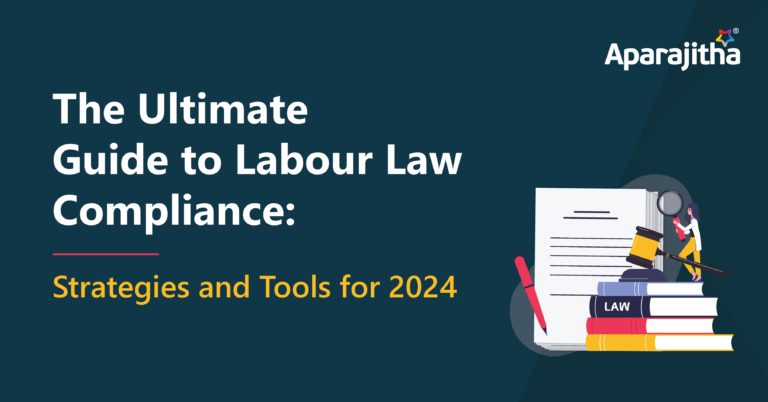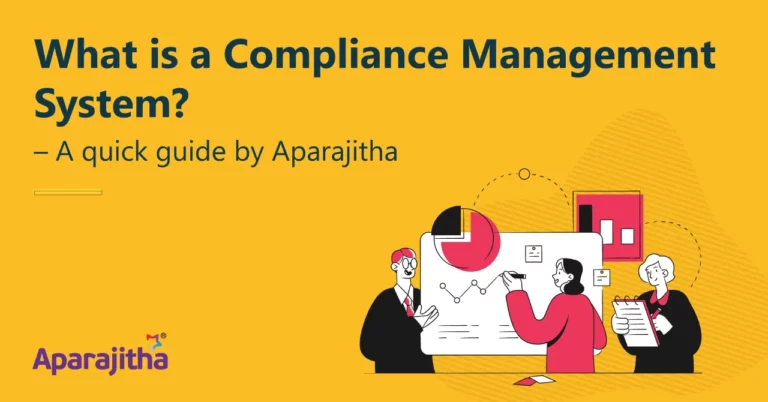Currently, there are 13 central legislations in India which regulate the Occupational Safety, Health and Working Conditions of the persons employed. These are either based on the type of establishment (ex. Factory, Mines, etc.) or on the class of workers (ex. Contract labour, Interstate migrant workers, etc.). The Code on Occupational Safety, Health and Working Conditions Bill, 2019 mainly intends to amalgamate these 13 legislations and to expand the applicability to all establishments which employ 10 or more workers. Attempts also have been made to make this Code simple, flexible and to be in tune with technology.
The other salient features of the code are as below:
- Establishments shall be registered under this code (presently 6 Acts out
of 13 provide for separate registration and the code tries to make it one
single registration). - There is a provision for obtaining “Common license” for factory,
contract labour, beedi and cigar establishments - In order to formalize the employment and prevent exploitation of the
workers, issuing of appointment orders to employees is made
mandatory - Appointment of the safety officer is mandatory if 500 or more workers are
employed (currently, it is 1000 or more) - Appointment of welfare officer is mandatory if 250 or more are workers
employed (currently, it is 500 or more) - Working hours and limit on overtime hours shall be prescribed by the
appropriate govt. (currently, common working hours prescribed in case of
factories, mines, etc.) - With the written consent, women can be employed during night Written
consent is required for making the workers to work overtime - Separate latrines, shelters, restrooms, bathroom facilities shall be
provided to transgender - Principal employer is liable for providing canteen, restroom, first aid,
drinking water facilities to contract workers - If contract workers are engaged through a un-licensed contractor (where
such contractor is required to obtain a license under this code), the workers
of such contractor shall be deemed to be direct workers of principal
employer - The permanent workers of the contractor shall not be considered as
‘contract labour’ - Migrant Workers who are being employed directly by the employer from
other States would also be treated as inter-state Migrant worker - Employer shall ensure to provide a safe working condition, suitable
residential accommodation, medical facilities and periodical medical
examination to inter-state migrant workers (additional cost involved for
employer) - Contractors having operations in different States shall obtain a license in
the location where they have their HO - The role of inspector is modified as “Inspector cum facilitator”
- Workers shall be entitled to encash the leave in excess of 30 days when
carried forward - Principal employer is also made liable for issuing experience certificate to
the contract workers - There is an increase in Penalty in case of violation by employers
- Penalty is introduced for the employees in case if they violate their duties
or liabilities - Provision for compounding of offence introduced
- Adhaar is also recognized as age proof
- State Rules shall be laid before state legislature
However, there appears to be one technical gap in Section 45 (1) (ii):
As per Sec. 45 (1) (ii), the Part I of Chapter XI will apply only to the manpower supply contractors. Whereas, the provisions detailed in part I apparently relate to contractors in general. Thus the specific mentioning of ‘manpower supply’ in the above-mentioned section seems restrictive and self-contradicting.
Upon implementation of the code, the following Acts shall stand repealed automatically:
- The Factories Act, 1948
- The Mines Act, 1952
- The Dock Workers (Safety, Health and Welfare) Act, 1986;
- The Building and Other Construction Workers (Regulation of Employment
and Conditions of Service) Act, 1996; - The Plantations Labour Act, 1951;
- The Contract Labour (Regulation and Abolition) Act, 1970;
- The Inter-State Migrant workmen (Regulation of Employment and
Conditions of Service) Act, 1979; - The Working Journalist and other News Paper Employees (Conditions of
- Service and Miscellaneous Provision) Act, 1955;
- The Working Journalist (Fixation of rates of wages) Act, 1958;
- The Motor Transport Workers Act, 1961;
- The Sales Promotion Employees (Conditions of Service) Act, 1976;
- The Beedi and Cigar Workers (Conditions of Employment) Act, 1966;
- The Cine Workers and Cinema Theatre Workers Act, 1981.
My Perspective
Overall, it is definitely another positive move by the Central Government on simplification and furthering the idea of “ease of doing business in India” without compromising the spirit of the existing legislation. The Trade Unions are raising objections on certain aspects with reference to this code, while the employers’ forums are demanding for raising the threshold limit for applicability of the Code. I hope, the Central Govt would suitably handle and address all the stakeholders’ concerns before the code is finally notified in the official gazette. The next challenge would be for the State Governments to frame Rules.
Would these factors further delay the coming into force of the code?
Navaneethan
navaneethan@aparajitha.com







